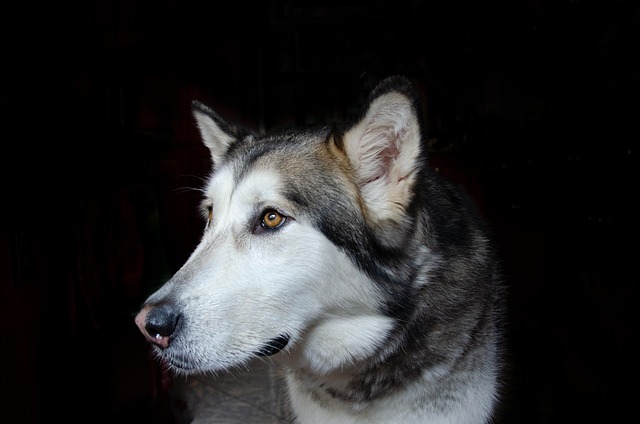
How can I tell if my dog's heatstroke is serious
Let’s be real: It’s a sticky August morning in Los Angeles, and you took your 2-year-old Golden Retriever, Max, for a walk a little later than usual
Your dog just had deworming treatment, and you want to make sure their recovery goes smoothly. That means paying extra attention to what goes into their bowl in the days following the procedure. The goal is to keep their stomach calm and help their body process the medication without any hiccups.
First off, steer clear of rich, fatty foods. Think about that leftover bacon grease or the fancy cheese you might be tempted to share—those can upset a dog’s digestion even on a normal day, but after deworming, their system is more sensitive. Greasy meals can lead to vomiting or diarrhea, which no one wants to deal with, and it might make the medication less effective. Stick to their regular, balanced dog food instead; sudden changes, even to something "tasty," can throw things off.
Raw foods are another no-go during this time. I know some owners swear by raw diets, but after deworming, a dog’s gut is working hard to get back to normal. Raw meat, eggs, or fish can carry bacteria that their weakened digestive tract might not fight off as well. Plus, some raw foods can interfere with how the dewormer breaks down in their body. Save the raw treats for when they’re fully back to their usual self.
 Spicy or seasoned foods should stay far from their dish too. That leftover taco meat or anything with garlic, onions, or chili powder isn’t just bad for their taste buds—it can be toxic. Garlic and onions, in particular, can damage their red blood cells, which is dangerous at any time but riskier when their system is already processing medication. Even a small amount might cause issues, so better to play it safe and keep human meals separate.
Spicy or seasoned foods should stay far from their dish too. That leftover taco meat or anything with garlic, onions, or chili powder isn’t just bad for their taste buds—it can be toxic. Garlic and onions, in particular, can damage their red blood cells, which is dangerous at any time but riskier when their system is already processing medication. Even a small amount might cause issues, so better to play it safe and keep human meals separate.
Milk and dairy products are tricky too. Lots of dogs are lactose intolerant, and after deworming, their stomachs are even less equipped to handle dairy. It can lead to gas, bloating, or loose stools, which adds stress to their recovery. If you want to give them a little something special, try a small piece of plain, cooked pumpkin—its gentle fiber can help soothe their gut.
Remember, every dog is different, so keep an eye on how they act after eating. If they seem lethargic, refuse food, or have severe symptoms, don’t hesitate to call your vet. Following these simple guidelines not only helps them feel better faster but also keeps you on the right side of local regulations that prioritize animal health. Before you know it, they’ll be back to begging for treats—just make sure those treats are safe and gentle until they’re fully recovered.

Let’s be real: It’s a sticky August morning in Los Angeles, and you took your 2-year-old Golden Retriever, Max, for a walk a little later than usual

You're enjoying a summer afternoon at the park when you notice your dog has stopped panting and appears disoriented - their gums are bright red

Let’s paint the picture: You’re in your Denver apartment, watching your 4-year-old Boston Terrier, Ruby, plop down mid-play session with her favorite toy

Many dog owners notice their pets nails seem shorter after regular walks,but how much does this daily activity actually help?The answer depends on where you walk—concrete sidewalks or asphalt streets gently file nails as a dog's paws hit the ground

Most dog owners notice their pup scooting across the carpet at some point, but few connect it to impacted anal glands. These small sacs near a dog’s rectum secrete a scent for marking territory

Most vets agree that regular dog teeth cleaning is key to avoiding painful dental issues later. For healthy adult dogs, a professional cleaning at the vet’s office every 12 to 18 months usually works well.